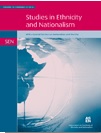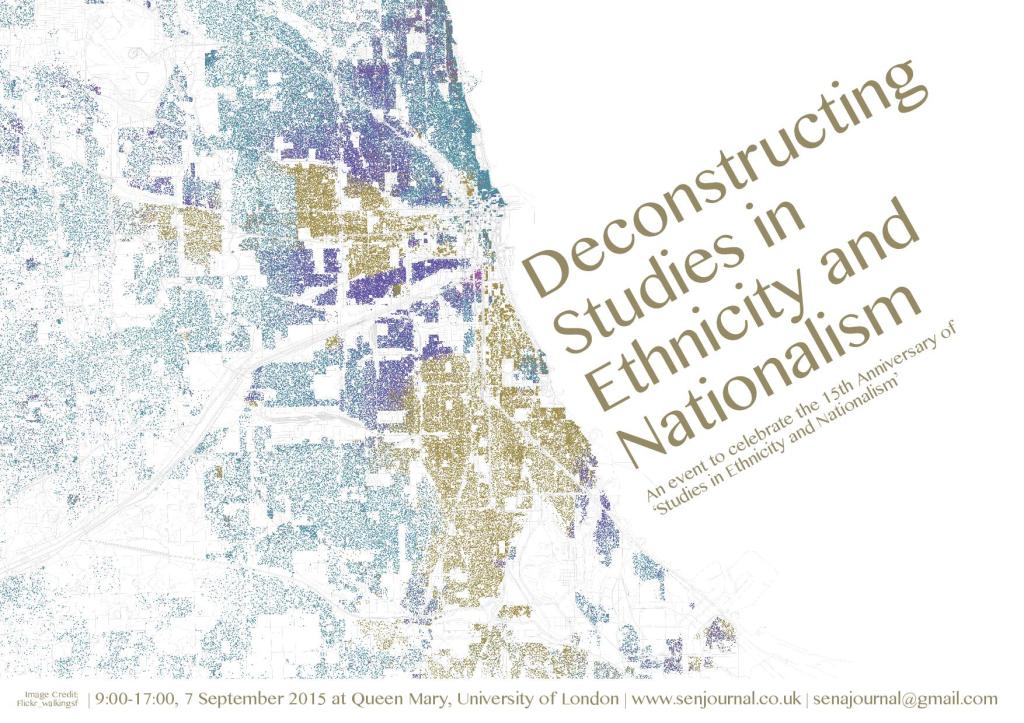Special Issue on “Empires and Nationalism”
Guest Editors: Ho-Fung Hung; Sefika Kumral
In the 18th and 19th centuries, Empires became the center stage for resistance by nationalist movements; and were eventually superseded by nation-states in the 20th century. With the turn of the 20th century, it was predicted that nation-states, and nationalism for that matter, will share the fate of empires and cease to be a central form of political organization and discourse. Curiously, in the first two decades of the 21st century, when empire has long faded from academic discussions on current politics, and nationalism as a historical force is predicted to decline, we witness the dual resurgence of ‘empire’ and ‘nationalism’ as central concepts and reference points for political movements, organizations, and leaders in various countries, including Putin’s Russia, Abe’s Japan, Erdogan’s Turkey, CCP’s China, and Modi’s India. These various “trends to re-imagine” historical empires as part of “reactionary nationalist fantasies” (Anderson, 72) by political leaders and movements also find surprising popular following. This re-imagination is more than cultural revivalism and has various geopolitical implications in the form of territorial disputes, annexations, and regionalism– such as the Russian annexation of Crimea; disputes in territorial claims among China, Korea, Japan, and Southeast Asian states; and Iran’s often-expressed desire to be the regional hegemon. We also witness new state-seeking movements with expansionary agendas, such as the Islamic State, which claims to re-establish the caliphate and build an Islamic empire. The current special edition seeks contributions to analyze these current developments as well as historical analyses that inform current debates on empires and nationalism. Possible themes include:
- Re-imagining empires by nationalist organizations, governments, and leaders as diverse as Russia, India, Japan, Turkey, China, etc.
- Revivalism in social movements, including religious, fascist, and populist movements
- Geopolitical repercussions of reemergence of empire such as territorial disputes, annexations, and regionalism
- Financialization, economic crises and revival of imperial nationalism
- Relation between the above trends with US global power
- Historical analyses on empires and nationalism that would inform today’s discussions including:
- Nationalism and ethnic mobilization as a resistance to empires
- Politics and processes of nation-building during and after empires
- Ethnic interaction, making and unmaking of ethnic boundaries during and after empires.
The editors welcome contributions from established scholars, post-doctoral fellows, lecturers in the early stages of their career and Ph.D. students. For submissions to be considered for publication in the special issue please ensure your paper reaches us by September 15, 2016. The word limit is 8,000 words, excluding bibliography and references.
Please send all your submissions and inquiries to Ho-Fung Hung (hofung@jhu.edu) or Sefika Kumral (skumral1@jhu.edu).
For author guidelines and additional information, please visit the SEN website: http://www.wiley.com/bw/submit.asp?ref=1473-8481&site=1




